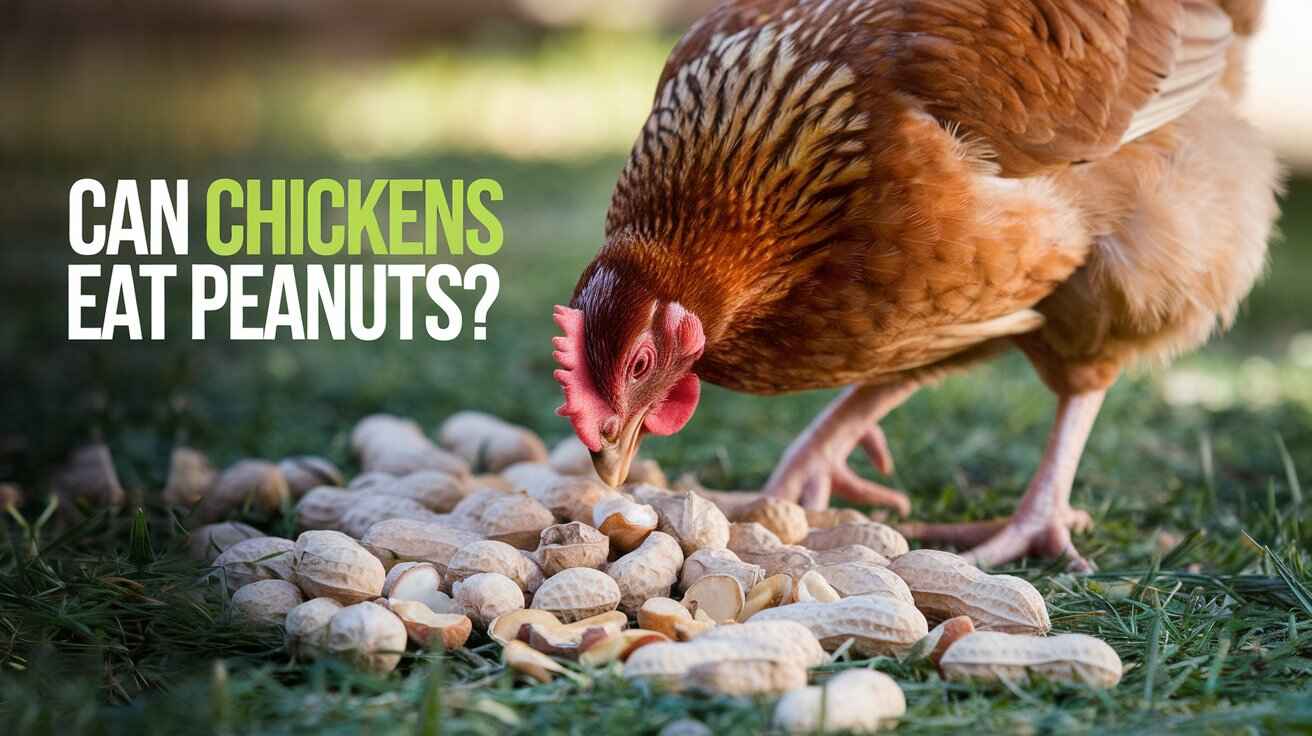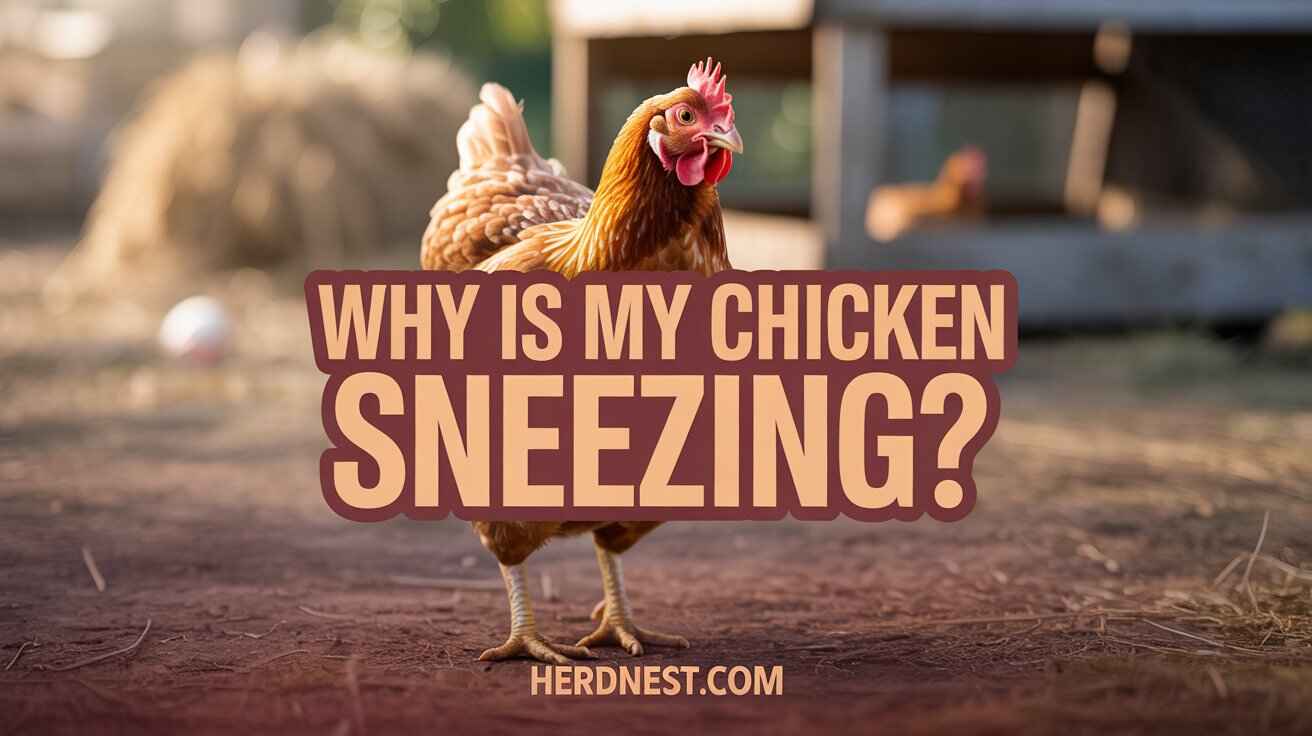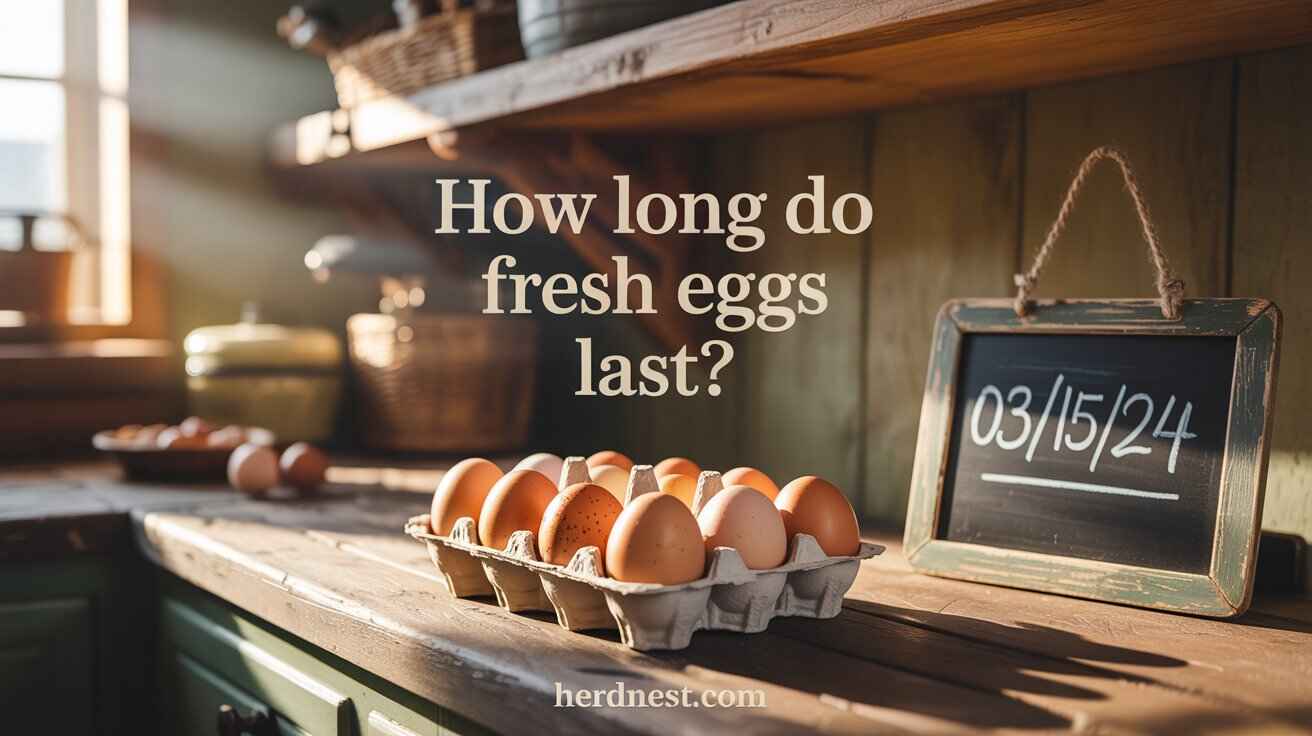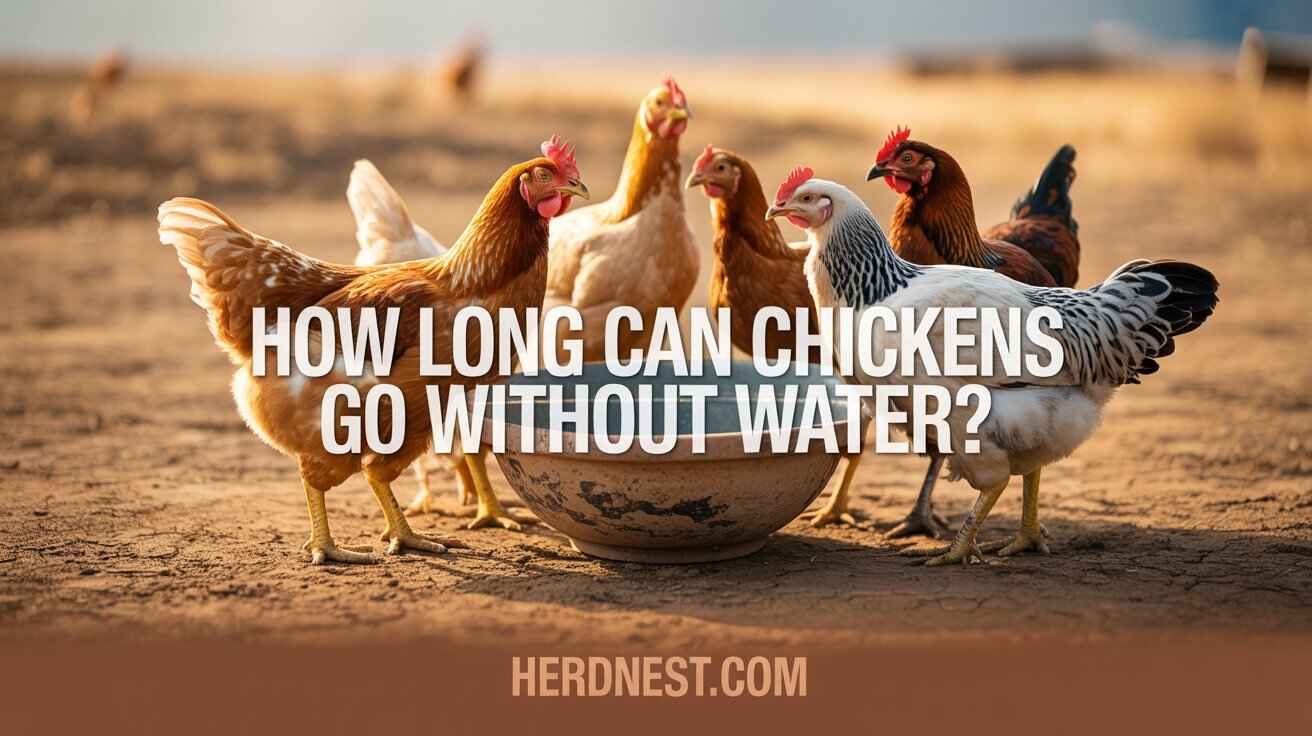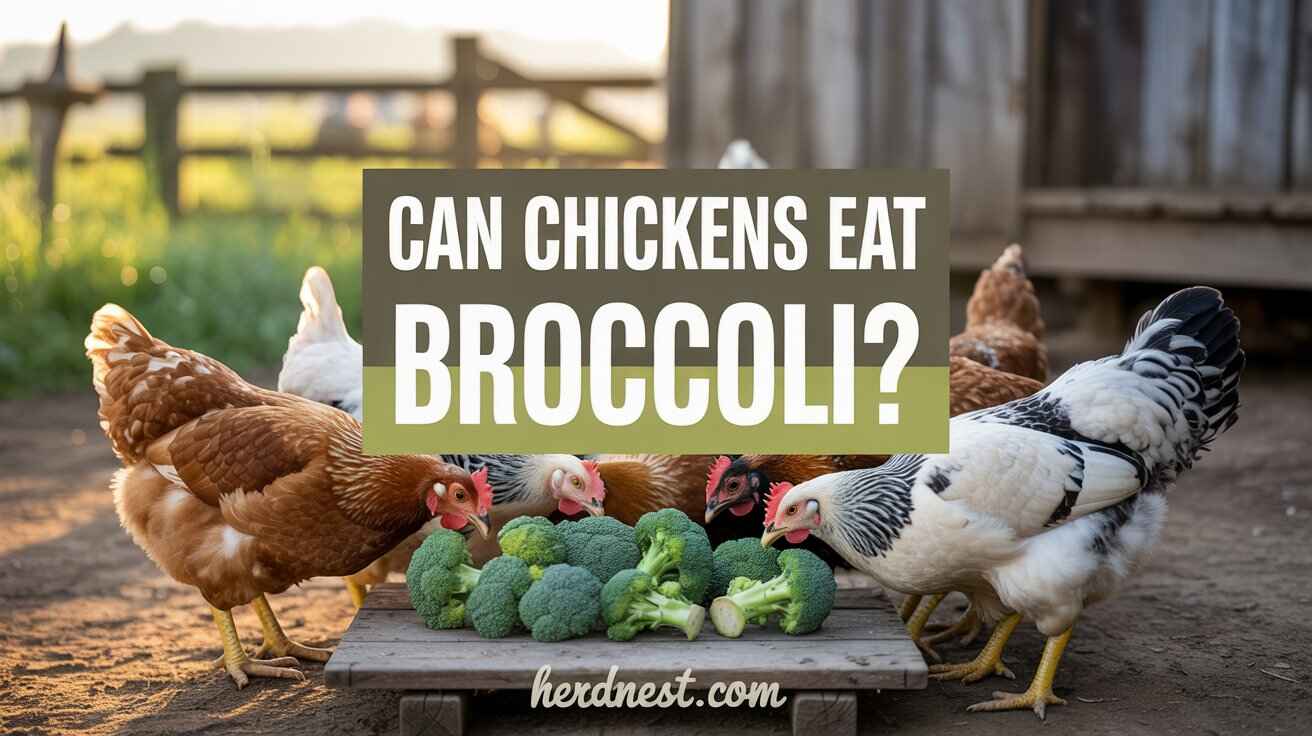When deciding what’s safe and beneficial for their flock, poultry owners and enthusiasts often wonder if chickens can eat peanuts.
This question, one of many inquiries, is an important part of understanding the diet that helps these feathered companions thrive. While peanuts are a popular snack for humans and animals alike, it’s vital to determine how they coexist harmoniously with a chicken’s nutritional needs.
Chickens can safely consume peanuts if given in moderation and without oils, salts, butters, or seasonings. A handful of peanut treats can make your flock go crazy with joy while providing them with a delicious, protein-packed snack.
Ensuring the foods are suitable and free from harmful added ingredients allows poultry owners to explore healthy options that keep their feathered friends happy and healthy.
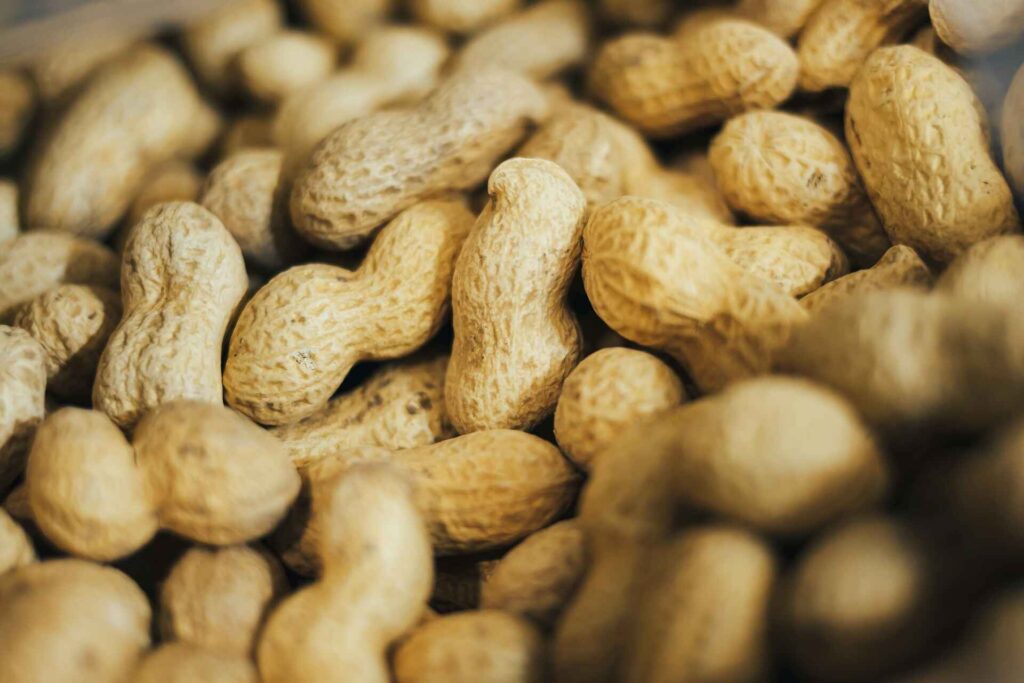
Table of Contents
ToggleCan Chickens Eat Peanuts?
Chickens can eat peanuts safely as an occasional treat, but they must be unsalted, unseasoned, and offered in moderation due to their high fat content and potential allergy risks.
Rich in protein, healthy fats, and essential nutrients like vitamin E and magnesium, peanuts support chicken health when served properly—ideally crushed or chopped to avoid choking. Peanut shells are safe in small, broken pieces, while peanut butter should be used sparingly.
Salted peanuts and feeding to chicks should be avoided. With careful preparation and portion control, peanuts can be a nutritious and enjoyable snack for your flock.
The Nutritional Profile of Peanuts
Peanuts are a nutritious addition to a chicken’s diet when used correctly. They are packed with protein, healthy fats, and essential vitamins and minerals like vitamin E, niacin, folate, and magnesium, which support overall health and well-being.
These versatile legumes also contain antioxidants that help in reducing inflammation, safeguarding cells, and protecting against damage. Adding them in moderation ensures your chickens benefit from these nutrients without any risks.
The Peanut Nutrition Profile
One cup of peanuts (146 grams) is:
- 828 calories
- 24 grams of carbohydrates
- 6 grams of sugar
- 12 grams of fiber
- 72 grams of fat
- 38 grams of protein
- 1,029 milligrams of potassium
- 39.65 milligrams of magnesium
- 13 milligrams of calcium
- 6.66 milligrams of iron
Considerations for Chickens
While peanuts provide many health benefits to humans, their suitability for chickens and other animals isn’t always straightforward. Proper feeding requires careful consideration of the potential risks and benefits. Key factors include moderation, ensuring the peanuts are free of harmful additives, and observing how your flock reacts to them.
Allergenic Potential
Peanuts have nutritional benefits but can trigger peanut allergies in certain chickens and individuals. Some birds may be susceptible to allergic reactions, resulting in adverse reactions like swelling, difficulty breathing, or gastrointestinal distress after consuming them. To keep your flock safe, always monitor for signs of allergies when peanuts are introduced into their diet.
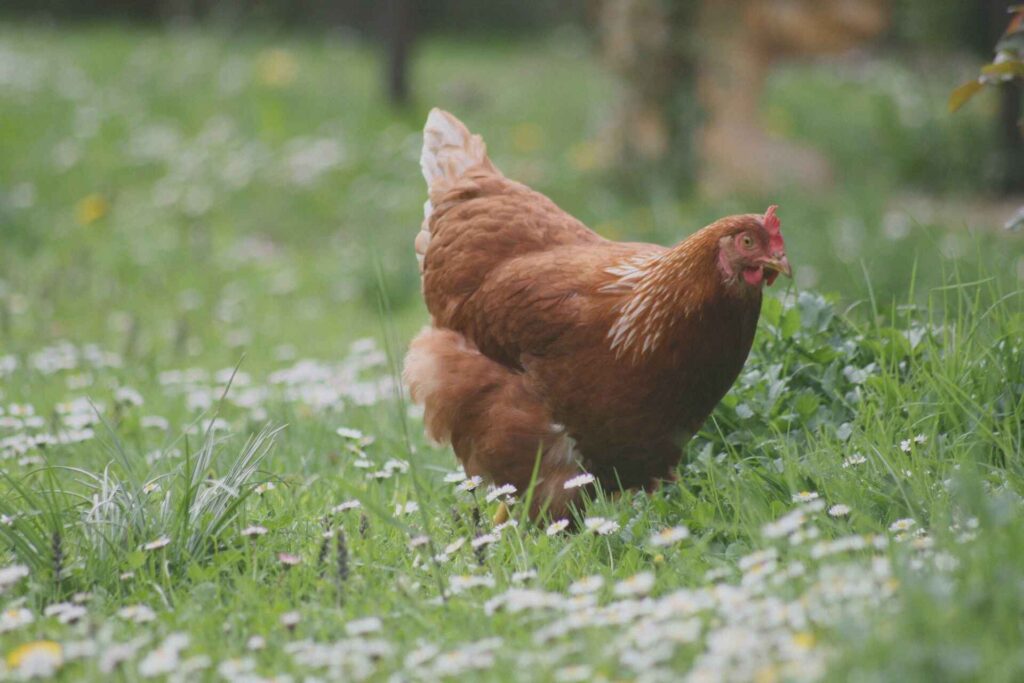
High-Fat Content
Peanuts are high in fat and, when fed in large quantities, can lead to weight gain or even obesity in chickens. While some fat is necessary for proper nutrition, too much can cause health issues.
To maintain optimal health for your poultry, it’s important to provide a balanced diet that includes a variety of grains, vegetables, and proteins. Moderation is essential when incorporating peanuts into their meals.
Choking Hazards
For young chicks and smaller chicken breeds, the hard and small texture of peanuts can create a serious choking hazard. To mitigate this risk, it is advisable to crush peanuts or serve them in a form that chickens can easily consume. Using peanut butter as a safer alternative is an option, but it should be given sparingly because of its high-fat content.
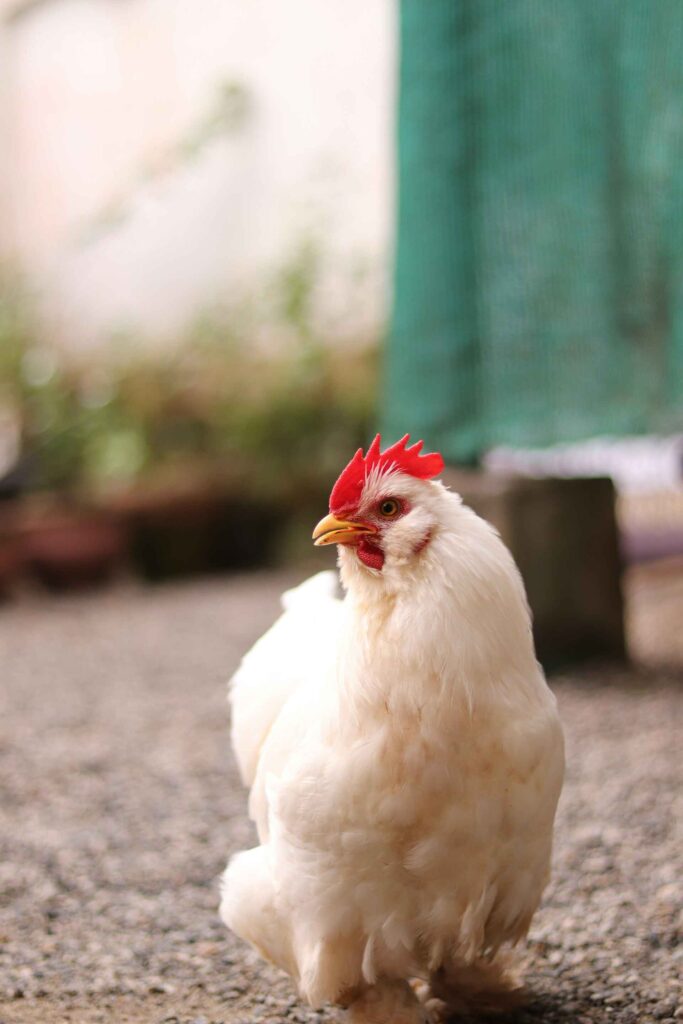
Can Chickens Eat Peanut Shells?
Peanut shells are not toxic to chickens, but they should only be given as a treat or supplemental item, not a primary component of their diet.
They can add fiber and roughage, aiding in digestion, but it’s recommended to crush or break them into smaller pieces to make consumption easier and facilitate better digestion. With careful observation, ensure your flock doesn’t experience adverse reactions or digestive issues when consuming peanut shells.
Can Chickens Eat Salted Peanuts?
Salted peanuts and other salted foods are not safe for chickens because they contain excessive salt, which can be detrimental to their health. High salt intake may cause dehydration, kidney problems, and other health issues in poultry.
A chicken’s diet should focus on balanced nutrition, usually provided by commercial feed that is specifically formulated for their needs. If you want to offer peanuts as a treat, always choose unsalted varieties and serve them in moderation.
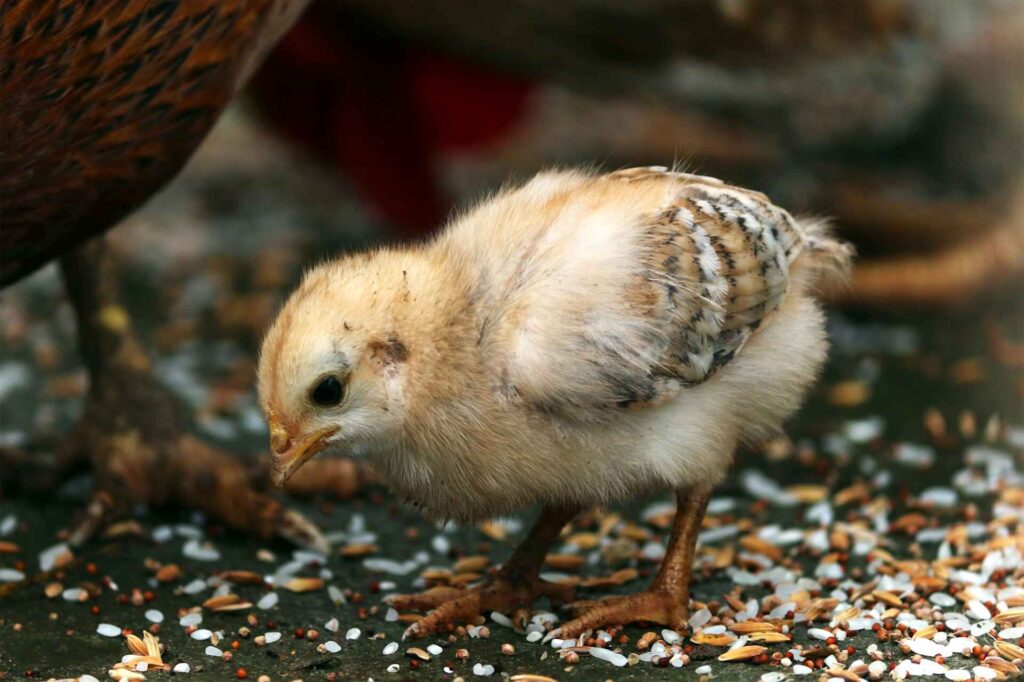
Can Chicks Eat Peanuts or Peanut Shells?
Chicks have delicate digestive systems and specific nutritional requirements that make feeding them peanuts or peanut shells at a young age not recommended.
These items can present a choking hazard, and chicks, like adult chickens, may be susceptible to peanut allergies. To support their growth and development, it’s best to focus on their health by offering a high-quality chick starter feed that ensures a balanced diet tailored to their needs.
How to Serve Peanuts to Chickens
To keep your chickens safe, always serve peanuts in a controlled manner. Start with shelled peanuts, as they are simpler to consume and digest without the danger of choking on shells.
For better manageability, crushed or chopped peanuts in smaller pieces work well and aid in digestion. You can also use peanut butter as an occasional treat, but remember to offer it sparingly due to its high fat content.
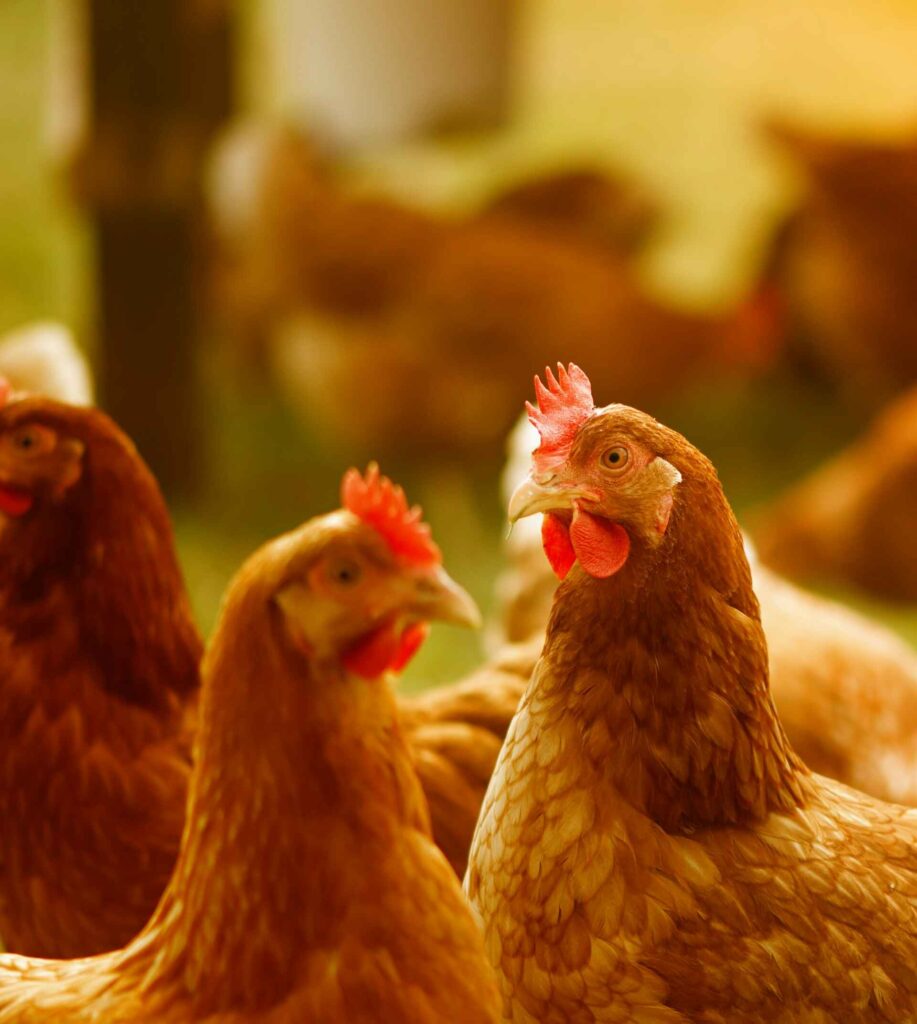
Final Thoughts
Chickens can safely consume peanuts, but certain factors should be carefully assessed before incorporating them into their diet.
The high-fat content, choking hazards, and allergenic potential mean peanuts must be offered in moderation and with close monitoring of your flock’s response. A balanced diet with grains, vegetables, and proteins is essential for their health and overall well-being.
